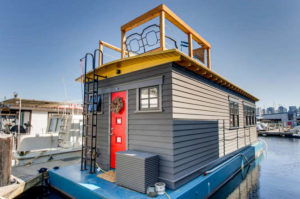
Tranquil Retreat ~ Seattle Houseboat
Northwest Seattle Houseboat MLS #2188877 ~ $399,000 1900 Westlake Ave. N. #B9, Seattle, WA 98109 Experience the enchantment of minimalist elegance aboard a stunning Seattle
Specializing in providing personal care and special attention to each and every home buyer and seller.

All Properties for Sale
 $3,900,000
Active
$3,900,000
Active
907 N Northlake Way Seattle, Washington
3 Beds 3 Baths 4,850 SqFt

 $3,250,000
Active
$3,250,000
Active
2600 Fairview Avenue E 11 Seattle, Washington
3 Beds 3 Baths 2,132 SqFt 0.027 Acres

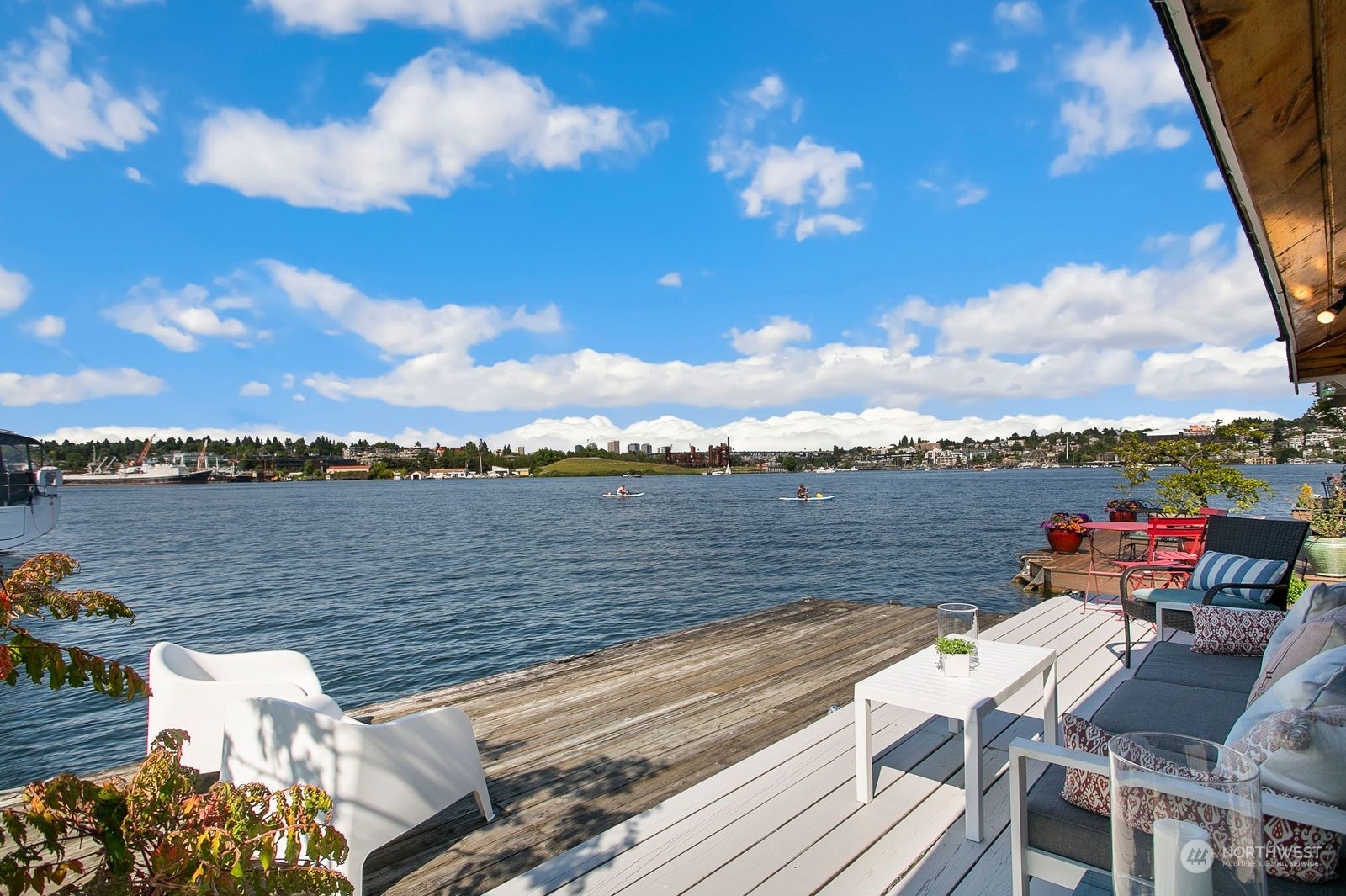 $1,895,000
Active
$1,895,000
Active
2466 Westlake Avenue N 6 Seattle, Washington
1 Beds 1 Baths 860 SqFt 0.029 Acres

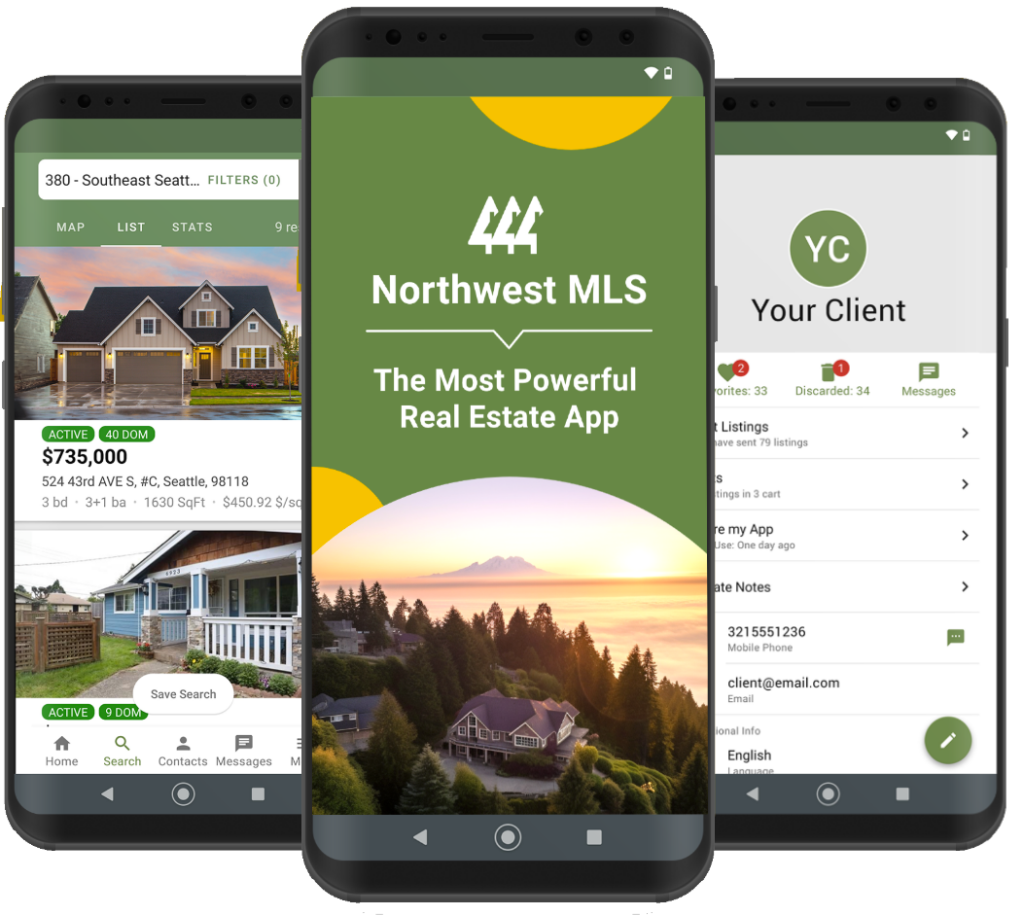
When looking to sell your home, make sure you have a trusted expert to guide you through the process. NWMLS provides the widest real estate network in the Northwestern United States.
Click here to see a list of properties that are available for sale.
View Market Reports from different counties.


Experience!! Special Agents Realty has over 20 years in business and a cooperative relationship between all parties involved. Your experience is memorable and successful.
Special Agents Realty specializes in waterfront, floating properties, luxury homes, and residential real estate.
Special Agents Realty specializes in helping find the perfect solution for your lifestyle. Hightech, corporate, and first-time buyers/sellers.

Northwest Seattle Houseboat MLS #2188877 ~ $399,000 1900 Westlake Ave. N. #B9, Seattle, WA 98109 Experience the enchantment of minimalist elegance aboard a stunning Seattle
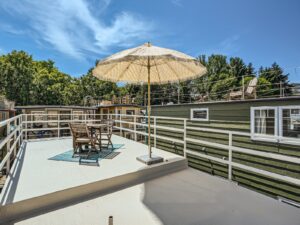
Sweet Houseboat ~ Includes Owned Moorage Gas Works Park Marina – 2143 N, Northlake Way #53 NWMLS #2215100 Slip & Houseboat $489,000 Seattle houseboat is
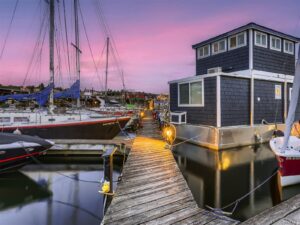
Tiny Seattle Houseboat ORCA ~With Tons of Charm~ MLS #2189869 ~ $284,500 ~ 2401 N. Northlake Way Slip #E-8, Seattle, WA 98103 Waterfront you can







